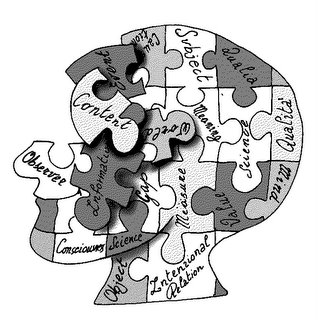Eat Chocolate, Love Longer

I was so very excited to read this morning's latest "chocolate is good for you" news. Scientists have discovered that smokers who ate (dark) chocolate had less hardening of the arteries and a lowered risk of blood clots.
The evidence is mounting that dark chocolate has many health benefits and it behooves all of us to get on the dark chocolate bandwagon before those darn scientists find out that chocolate isn't as healthy as they thought. That's right people, step on up, one at a time, no pushing, there's lots of dark chocolate up here for everyone!
While I place a lot of faith in science (are those two words mutually exclusive?) I do wonder about the true results of these studies. For starters, one could question the value of studying how to make smokers more healthy. But it's Christmas so I won't even touch that debate. And what about other factors in the study that might influence blood pressure and platelet activity?
I'm picturing what being a participant in such a study might be like......Fred is a male smoker of average health who's agreed to join a study for Heart magazine. He gets paid $1000 to be monitored by top-notch doctors and to eat free chocolate every day. Yes....I can imagine Fred's blood pressure dropping slightly. I'd like to see what happens when Fred goes back to work where he's completely stressed and underpaid and there's no more chocolate coming his way. What's your blood pressure like now, Fred?
But I digress. I think we need to maintain a healthy skepticism of all that we read and to continue to do what we know is right for us. The study's researchers are quick to point out that chocolate "is not a health food, per se, because of its negative attributes -- that is, fat and sugar. Further, I feel the only appropriate advice to smokers is to quit smoking." Now if we could just get those researchers working on some guaranteed behavioural modification tools that work for everyone. Then we'd all definitely have healthy hearts, minds and bodies.




